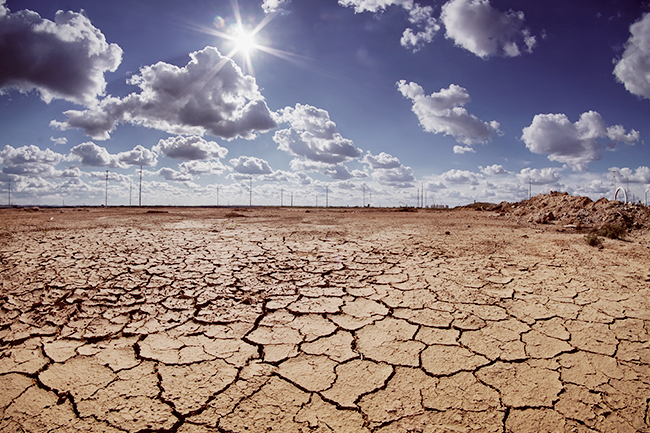Weather monitoring in real-time is being used to help mitigate natural disasters across Uganda.
The four-year Strengthening Climate Information and Early Warning Systems (SCIEWS) project, which came online earlier this year, was funded through a US$4 million grant from the Global Environment Facility (GEF) and the UN Development Programme (UNDP) with additional financing from the Ugandan government and other parties, according to a GEF report.
SCIEWS simplifies the immediate delivery of climate information and includes early warnings to aid quick decision-making, reports SciDev.Net. After natural disasters such as the drought in the Horn of Africa last year, the Ugandan government decided to modernise its weather, water and climate monitoring systems to build the country’s resilience, improve lives and prevent future disasters.
According to Onesimus Muhwezi, UNDP environment, climate and disaster resilience team leader, the stations have the potential to detect ‘significant changes’ very quickly. He adds that these stations can disseminate weather data instantly, hourly or daily, as dictated by the end user.
Farmers can receive information such as when to plant, harvest and take crops to market, thereby increasing communities’ resilience to climate shocks and improving food security.


